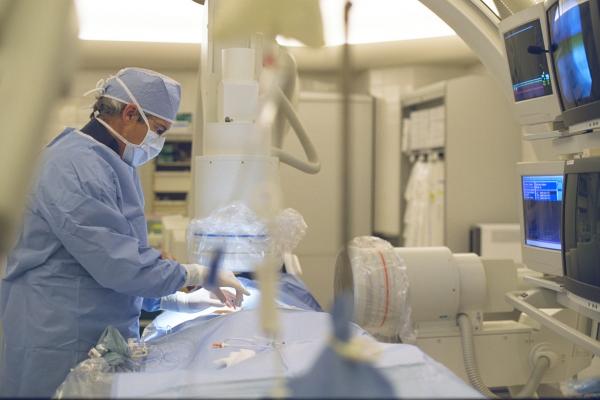
January 20, 2015 — There could soon be new hope for those facing one of humanity's biggest health issues, thanks to research from the University of Tennessee Knoxville College of Engineering.
Cardiovascular diseases are the world's number one cause of death, with some estimates indicating that as many as one-third of the planet's deaths in a given year are attributable to some form of the disease.
While heart valve disease is only one of many afflictions falling under that heading, its widespread impact — affecting up to 30 percent of the elderly population in developed countries alone — makes it a key component of the overall problem of heart-related ailments.
Zannatul Ferdous, an assistant professor in UT's Department of Mechanical, Aerospace, and Biomedical Engineering, leads a research team addressing the issue, thanks in part to a BRIGE — Broadening Participation Research Initiation Grants in Engineering — grant from the National Science Foundation.
"Currently, the treatment option for valve disease is mainly end-stage replacement or repair surgeries, and no early treatment or detection options exist," said Ferdous. "The goal of our lab is to understand these diseases and develop alternate treatment options such as functional tissue-engineered heart valves."
One of the main issues with heart valves that the group is focusing on is what is known as calcification, a process where calcium deposits build up on the valves, eventually restricting the flow of blood through the heart.
By studying the root causes of calcification and constructing new heart valves through tissue engineering — using cells to construct organic human tissue — Ferdous and her group aim to eventually develop calcification-proof valves.
“We are tackling calcification head-on, looking at risk factors from everything like age and gender to chemical factors and cell characteristics," said Ferdous. "At the same time, we are developing custom devices that will allow us to truly mimic all the forces at play in the heart.”
For more information: www.mabe.utk.edu


 December 24, 2025
December 24, 2025 









